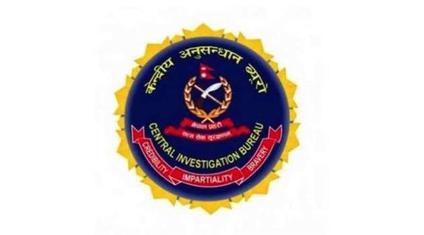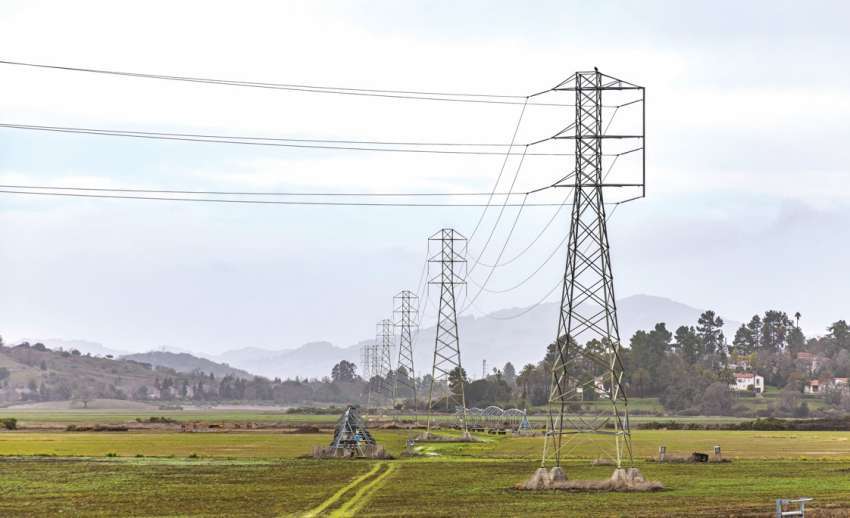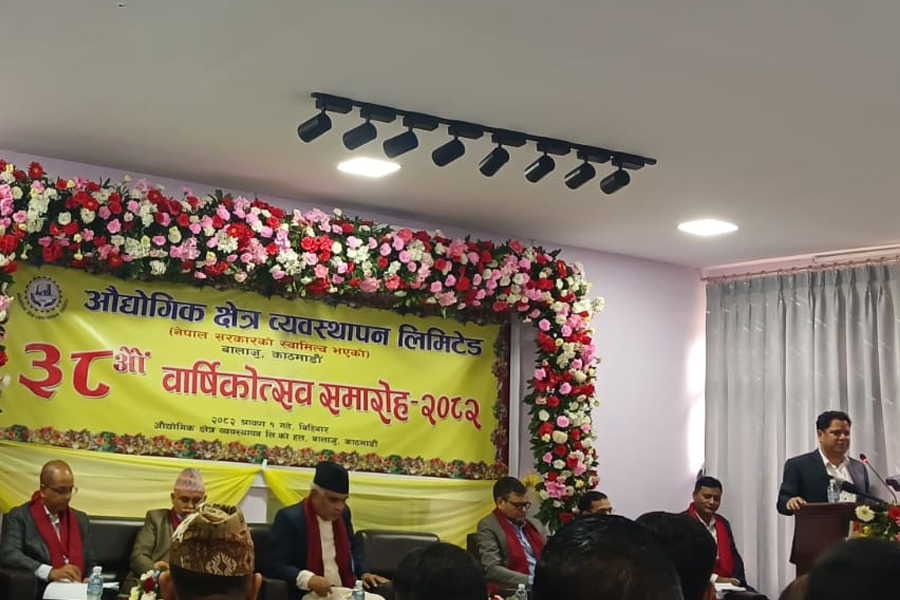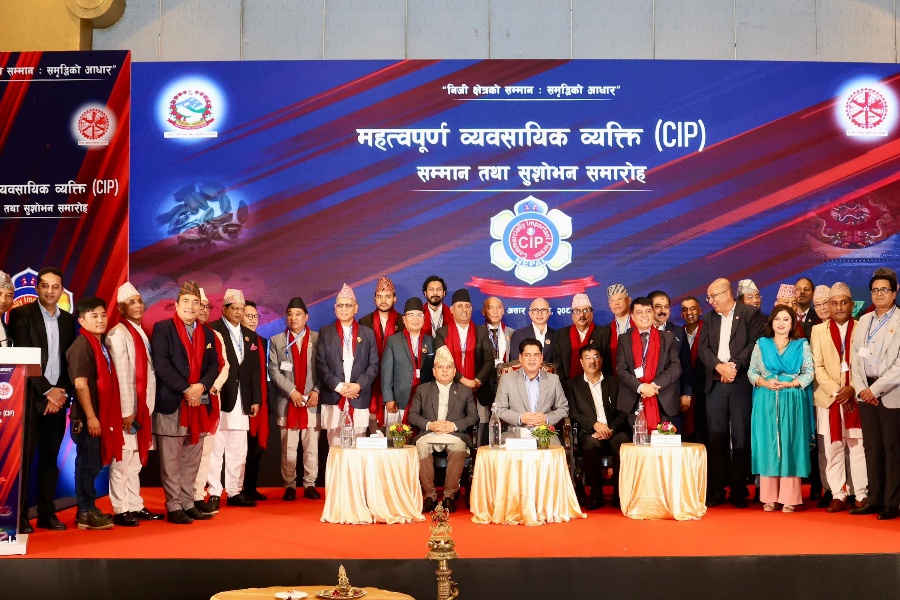A former employee of Nepal Rastra Bank (NRB), the country’s central bank, has been arrested in connection with the ongoing investigation into a large-scale financial fraud at Karnali Development Bank. Bhuwan Basnet, who was previously assigned to inspect the problematic bank during his tenure at NRB, was taken into custody in Kathmandu by the Central Investigation Bureau (CIB) of Nepal Police following a court order.
According to CIB spokesperson SP Yubaraj Khadka, Basnet is suspected of collusion in the financial irregularities that led to the collapse of the development bank. His arrest raises serious concerns about the effectiveness and integrity of regulatory oversight within Nepal’s financial system. Another former NRB employee, while declining to comment specifically on the case, acknowledged the need for stronger inspection and supervision mechanisms within the regulatory framework.
The scandal has already ensnared several high-profile figures. Rajendra Bir Rai, the founding chairman of Karnali Development Bank, was extradited from India earlier this year. Pashupati Dayal Mishra, a former chairman of the bank and a central committee member of the ruling CPN-UML, has also been arrested. Four former board members are currently in police custody as investigations continue.
Preliminary findings suggest the bank falsified deposit records to apparently improve its liquidity and credit ratios. Fake documentation was used to show term deposits in commercial banks, and fabricated loan files were created to conceal the true state of the bank’s balance sheet. A central bank official previously told New Business Age that some of the certificates used to validate these deposits were also forged.
Karnali Development Bank had claimed a capital adequacy ratio of 10.05% and a non-performing loan (NPL) ratio of 7.24% in its first quarterly financial statement for FY 2023/24 However, a subsequent NRB audit revealed the actual NPL ratio was as high as 40.85%, with the capital adequacy ratio falling below the regulatory threshold of 4%.
The central bank’s investigation uncovered that Rs 1.33 billion in deposits were misappropriated. Moreover, nearly half of the bank’s total loan portfolio had been extended to companies owned by board members or their relatives, indicating widespread abuse of authority and severe governance failures.











